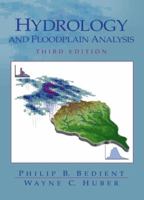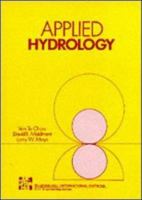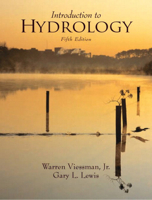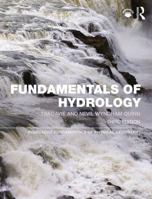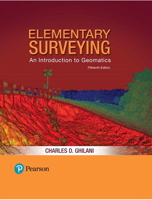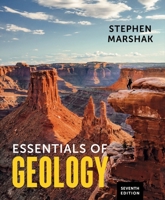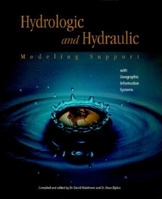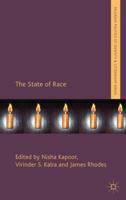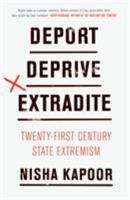The Curve of Binding Energy
Select Format
Select Condition 
You Might Also Enjoy
Book Overview
Theodore Taylor was one of the most brilliant engineers of the nuclear age, but in his later years he became concerned with the possibility of an individual being able to construct a weapon of mass destruction on their own. McPhee tours American nuclear institutions with Taylor and shows us how close we are to terrorist attacks employing homemade nuclear weaponry. This description may be from another edition of this product.
Format:Paperback
Language:English
ISBN:0374515980
ISBN13:9780374515980
Release Date:April 1994
Publisher:Farrar, Straus and Giroux
Length:240 Pages
Weight:0.65 lbs.
Dimensions:8.2" x 0.6" x 5.5"
More by Nisha Kapoor
Customer Reviews
5 customer ratings | 5 reviews
There are currently no reviews. Be the first to review this work.













